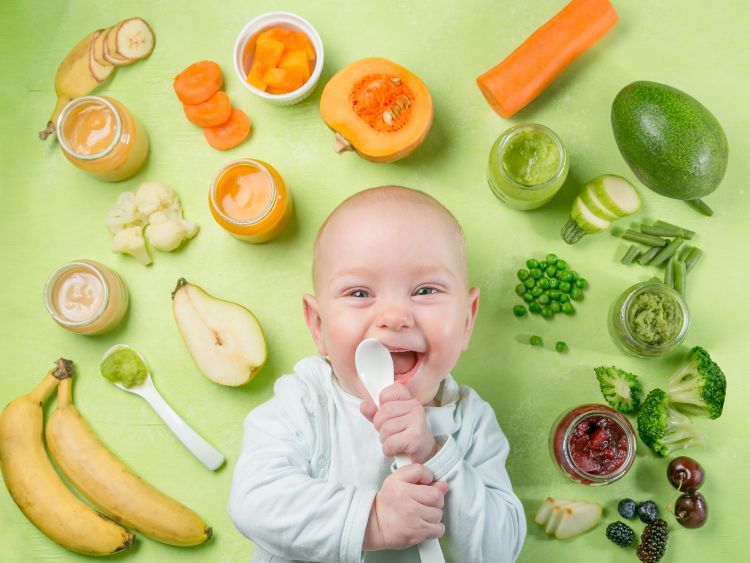When it comes to feeding your little one, the choices can be as varied as they are numerous. However, if you’re looking to introduce a powerhouse of nutrients in your baby’s diet, broccoli baby food might just be your best bet. This article explores the myriad benefits of incorporating broccoli into your baby’s diet, how to prepare it safely, and answers some of the most frequently asked questions by new parents venturing into the world of solids.
Welcome to the wonderful world of weaning! As you embark on this exciting journey with your bundle of joy, you’re probably weighing your options on which foods to introduce. Broccoli baby food, with its impressive nutritional profile and versatility, stands out as a stellar choice. Let’s dive into why this green veggie is making waves in the realm of baby nutrition and how you can easily incorporate it into your baby’s meals.
Nutritional Benefits of Broccoli for Babies
Broccoli isn’t just good; it’s fantastic for babies for a myriad of reasons. Packed with vitamins, minerals, and antioxidants, broccoli offers a nutritional punch that is hard to beat:
- Rich in Vitamins and Minerals: It’s loaded with vitamin C, vitamin K, folate, and potassium, all essential for your baby’s growth and development.
- High in Dietary Fiber: Helps to promote healthy digestion and prevent constipation, a common issue in babies.
- Natural Detoxifier: The presence of glucoraphanin helps the body detoxify harmful substances.
- Boosts Immunity: The high vitamin C content boosts the immune system, protecting your little one from common illnesses.
How to Prepare Broccoli Baby Food
Preparing broccoli baby food is simpler than you might think, and ensuring it’s done safely can help preserve its nutrients and make it easy for your baby to eat. Here’s how you can do it:
- Select Fresh Broccoli: Choose fresh, bright green broccoli with firm stalks. Avoid yellowing florets or limp stems.
- Wash Thoroughly: Wash the broccoli under cold running water to remove any dirt or pesticides.
- Steam Until Tender: Steaming preserves most of the nutrients. Cut the broccoli into small florets and steam until they are tender.
- Puree or Mash: Once steamed and cooled, puree the broccoli in a blender with a little water, breast milk, or formula to get the desired consistency.
Serving Suggestions
Broccoli is incredibly versatile, making it easy to incorporate into your baby’s diet:
- Mix with Other Veggies: Combine broccoli puree with carrot, sweet potato, or pumpkin for a mixed vegetable treat.
- Add to Fruit Purees: For a sweet and savory mix, add broccoli to pear or apple purees.
- Include in Protein Dishes: Mix it with pureed chicken or beef to introduce new textures and flavors.
FAQs about Broccoli Baby Food
Q1: When can I introduce broccoli to my baby? A1: Broccoli can be introduced as soon as your baby is ready for solids, typically around 6 months of age.
Q2: Can broccoli cause gas in babies? A2: Yes, broccoli can be gassy. It’s best introduced slowly and in small amounts to monitor how your baby’s digestion handles it.
Q3: How do I know if my baby is allergic to broccoli? A3: Watch for signs of allergic reactions such as hives, rashes, or digestive upset. Introduce broccoli alone and wait a few days before adding another new food.
Summary
Incorporating broccoli into your baby’s diet is a fantastic way to ensure they receive essential nutrients vital for their growth and development. Not only is broccoli loaded with vitamins and minerals, but it’s also versatile and can be mixed with a variety of other foods, making it an excellent addition to your baby’s diet. Remember, always consult with your pediatrician before introducing new foods to your baby’s diet, especially if you suspect any food allergies or sensitivities.





